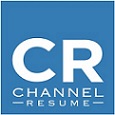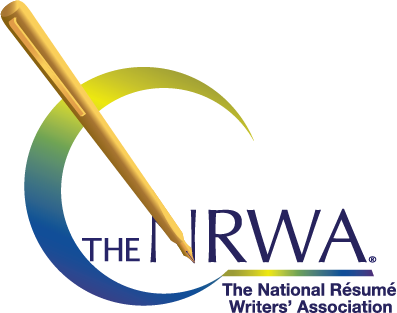One of the benefits of using a broad-based “general” resume is that you can use the same one and send it to dozens of employers, saving you a lot time and energy. A broad-based resume is one where it sets out your entire inventory of skills, without focusing or emphasizing any particular set. It tells the employer: “Here, I can do all of these of things: A, B, C and D. Hire me.” The problem is that your competitors (i.e. other job applicants) are all saying the same thing. So how do you differentiate yourself from your competitors?
Employers receive stacks of resumes for one job (assuming it’s a highly-sought position) and only spend a minute or less reviewing a resume before deciding whether it goes into the “interview” pile or the rejection pile. That’s how much time you have to make a favourable impression with the employer. In my view, a generic or “general” resume is not going to cut it. The more general a resume becomes, the more it loses its impact or “punch”.

You are better off creating a resume that is specifically tailored for the vacancy or type of position you want to get. Your resume must speak directly to the needs of employer, and every employer has different needs. Your resume is almost like a sales brochure, the more it appeals to the needs and wants of the employer, the greater your chances of winning an interview.
Let’s say you’re a marketing professional and want to apply to a social media marketing manager role at a consumer goods retailer. First and foremost, your resume should highlight the fact that you are experienced in running retail social media promotions and campaigns on platforms like Facebook, Instagram, Twitter, etc. It should clearly state your expertise in studying traffic analytics, new visitor data, retail customer buying trends, influencers, etc. All of this should be the focal point of your resume, front and centre for the reader to see.
You don’t want to use a resume which talks about your broad and general experience in print, radio, television, conferences, and yes, social media. Your resume should tell the reader that you are an experienced and competent manager who has run successful social media campaigns. If you have print and radio marketing experience, you can mention that too, but that is secondary as far as this employer is concerned.
I am not saying you should misrepresent yourself as a social media “expert” if you don’t have the requisite experience or skills. But if you do have the experience, this should be made explicitly and abundantly clear. While it may take a few hours honing and re-shaping your resume, the sharpened focus that you give your resume will increase your chances of getting placed in the “interview” pile.
I have always believed that the best outcomes occur when you apply to jobs for which you’re well-qualified, with a resume that’s laser-focused for the position at hand. You get better results this way, compared to using a broad-based resume to apply for a dozen different jobs (where you may or may not be the strongest fit) and where your chances of getting invited to an interview are minimal.
Need to talk to someone about your resume?
I have over 15 years of experience working in the employment and careers field, and can give you guidance on creating a resume that will give you the maximum impact, increasing your chances of being called for an interview. Contact me today for a free consultation 604 251 3203.







